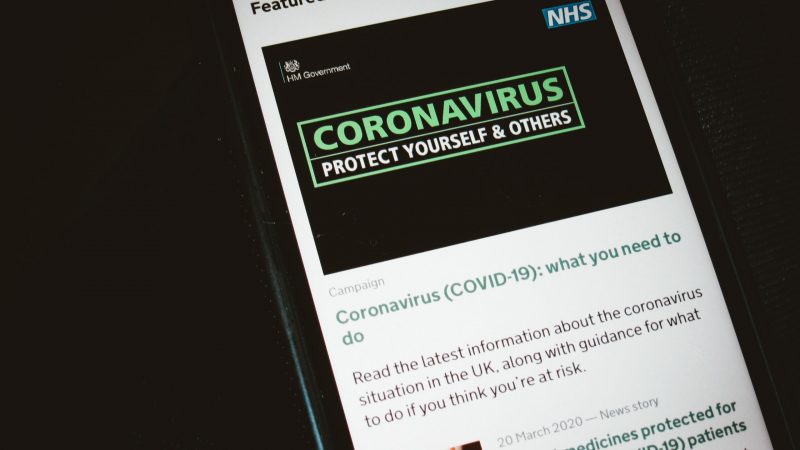
Throughout the world, communities are affected by a global health pandemic that has disrupted all parts of citizens’ day-to-day lives. Coronavirus sees no race, age, class, sex or religion. And yet, as we mourn those who have sadly been taken by the silent killer, emerging figures highlight that Covid-19 appears to be disproportionately affecting black, Asian and minority ethnic (BAME) communities. This might be an uncomfortable truth for some, but the revelation comes as no surprise to me and many who identify as BAME.
I feat that the recently announced coronavirus BAME inquiry – led by the NHS and Public Health England – is merely a token gesture and a tick-box exercise. Many of us already know the underlying cause of the disparity and what the conclusions of the review will reveal. It is well-known that individuals of lower socioeconomic status are more likely to suffer from poor health, and those individuals in the UK are usually BAME people.
BAME people are more likely to be in overcrowded, poor accommodation and insecure, low-paid employment. This all contributes to a lower life expectancy and serious underlying health issues – and it’s already been confirmed that Covid-19 preys on those with such conditions. And BAME people are more likely to be employed in frontline roles, like the NHS. These key worker roles put them at greater risk of contracting the virus. The first ten doctors in the UK to die were from BAME backgrounds.
Clearly, we have not learned from the Grenfell Tower inquiry or the Windrush report. This pandemic has shown that BAME deaths are the consequence of inequalities deep within our society that the government has not addressed, despite review after review. We do not need yet another report catching dust on the government’s website and used as mere references in academic research papers or political speeches. We need life-changing action. While these underlying causes cannot be addressed in the short term to save lives, the government can start capturing the ethnicity on the number of people who have died as a result of coronavirus – currently only age and sex are recorded. This will allow us to explore how best to protect communities.
Local authorities should not hesitate to join the conversation and take action. Coronavirus equality impact assessments (EIAs) should be carried out to assess the impact on different communities protected under the 2010 Equality Act. Temporary overview and scrutiny committees should be formed to look at coronavirus-related issues, such as this one, allowing local councillors to put forward life-saving policies and recommendations based on information extrapolated from EIAs.
Communication is a powerful tool. Councils should produce information sheets, electronic or otherwise, targeted at BAME communities. This will help reaffirm the facts about how Covid-19 is and isn’t spread, and tackle some of the myths. Councils should work with charities and local groups to ensure that people previously not known to them are receiving relevant support. And once this crisis is over, we do not need another roundtable discussion or committee formed to analyse the report. I hope for my future – and for those from similar communities – we will see real legislative changes, backed by government funding. But I won’t hold my breath.




More from LabourList
‘The cost of living crisis is still Britain’s defining political challenge’
‘Nurses are finally getting the recognition they deserve’
Letters to the Editor – week ending 15th February 2026